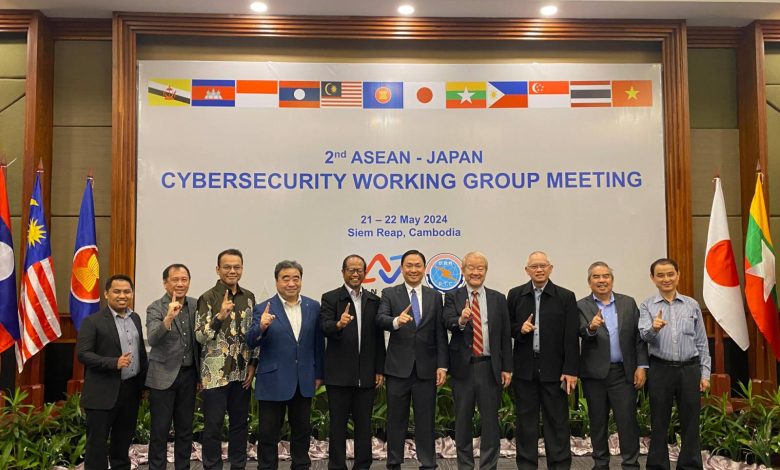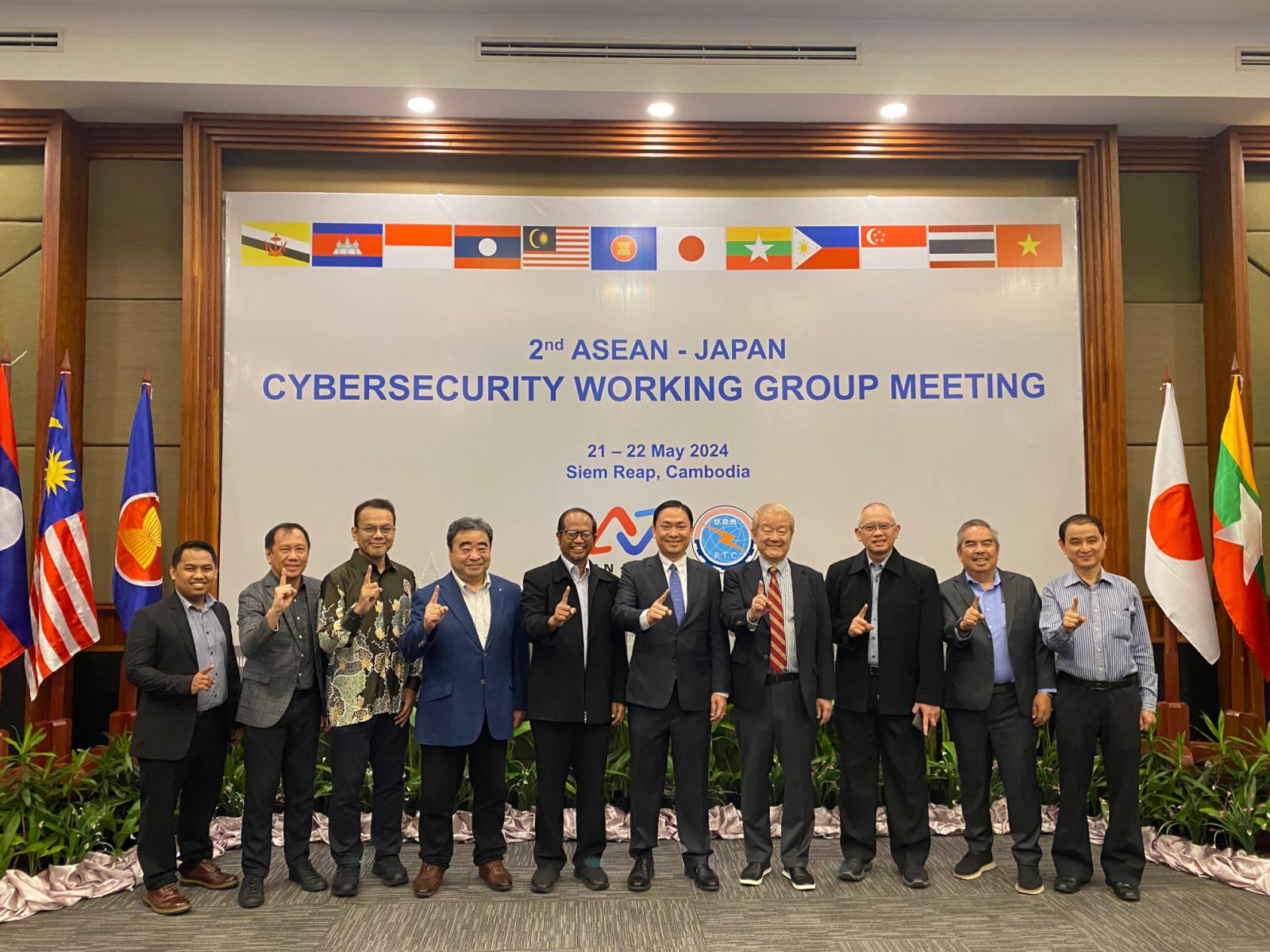Philippines Recommends ‘Whole-of-Asia’ Approach vs Cyber Threats in ASEAN-Japan Cybersecurity Technical Working Group Joint Meeting

It takes a village—nay, a continent—to deter online threats.
That’s the overriding message of the Philippine delegation at the ASEAN-Japan Cybersecurity Technical Working Group joint meeting held in Siem Reap, Cambodia.
To that end, the Philippine delegation touted the critical role of strong public-private partnerships in enhancing cybersecurity in Asia, so it can better thwart both global and domestic cyber threats. This recommendation comes on the heels of various delegations sounding the alarm on threat actors potentially stepping up their attacks on governments, businesses, and private individuals across the continent.
“A harmonious whole-of-Asia and whole-of-society approach to fight cyber threats in the region has to be orchestrated among government and private sector leaders in the Association of Southeast Asian Nations (ASEAN) and Japan, along with other countries in the region,” said Lito Averia, President at the Philippine Computer Emergency Response Team (PH-CERT) in a statement.
“When government and private sector organisations work hand-in-hand to fight cyber threats, citizens will benefit the most,” added Averia, who also took note of the similar threats Asian nations are facing, particularly the Philippines and its Southeast Asian neighbours.

The region, for instance, has been a hotspot for ransomware, with Kaspersky detecting over 287,000 incidents in Southeast Asia in 2023. The Philippines knows this firsthand, having seen its state health insurer, Philippine Health Insurance Corporation (PhilHealth), go offline for several days after being hit by ransomware in October 2023, with critical data potentially exposed on the dark web.
Southeast Asia is also vulnerable to cyber attacks due to weak passwords, with Kaspersky detecting and foiling over 61 million brute-force attacks over the past year—including more than 25 million in Vietnam alone and over 20 million combined in Thailand and Indonesia.
Facing the same threats, Asian nations appear to be uniting for a common goal: To enhance each nation’s cybersecurity. This united front manifested at the joint meeting, according to Averia.
“Asian countries face the same threats, and all countries attending confirmed that their respective government’s digital infrastructure along with Critical Information Infrastructure (CII) are also being attacked constantly by international and even local threat actors,” he said in a phone interview with state-run Philippine News Agency (PNA).
Sam Jacoba, the Founding President of the National Association of Data Protection Officers of the Philippines (NADPOP), proposed at the same meeting the establishment of an information exchange network, which he claims will serve as “a cyber-weather station that will receive, verify, then send out threat alerts to everyone that will be impacted in the region.”
“ASEAN countries now feel the urgency to work together more efficiently to combat cyber threats. With similar experiences across the region, a unified approach and strategic framework to fight threat actors is emerging,” Jacoba told the PNA, also via phone.
Averia and Jacoba also represented the Philippines in the fifth board meeting of the ASEAN-Japan Cybersecurity Community Alliance (AJCCA), which transpired alongside the working group meeting, also in Cambodia. Here, the delegates zeroed in on the five pillars of the Global Cybersecurity Index by the United Nations International Telecommunications Union: Legal, technical, organisational, capacity building, and cooperation.
And, after all the meetings, it appears major headway is being made to achieve that united goal. In fact, both Averia and Jacoba claim that joint initiatives between the government and private sector are set to be launched soon, with the goal of addressing gaps in the aforementioned pillars in each country.
“What is emerging through these meetings is a regional force for good that will serve as a shield for countries and citizens against threat actors, who are now using artificial intelligence in their attacks,” said Jacoba. “We are inviting all active Communities of Practice in the region to collaborate with our regional community, the AJCCA, as threat actors are also organised in their actions. During these times, we truly need a whole-of-region, whole-of-society, and even whole-of-community cooperation to effectively respond to cyber threats.”
Cybersecurity is a big problem. But with a whole-of-Asia approach as a guiding light, each Asian nation might very well have a fighting chance against threat actors.




